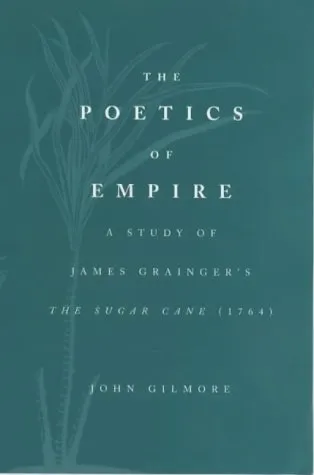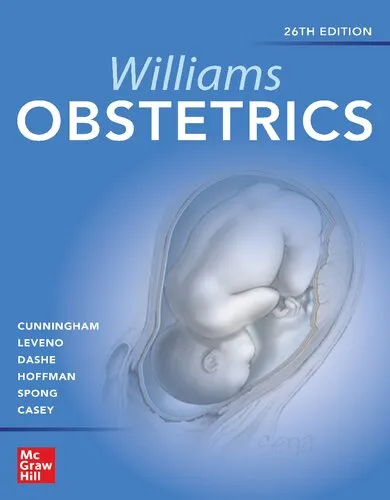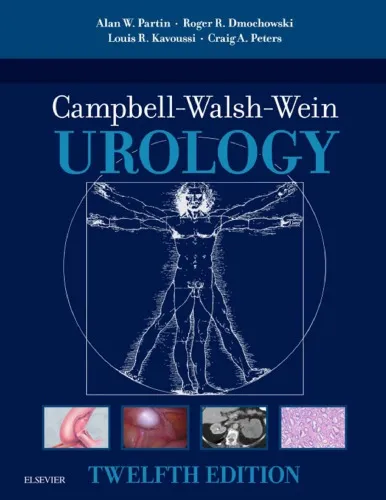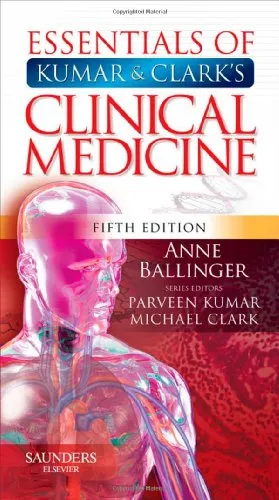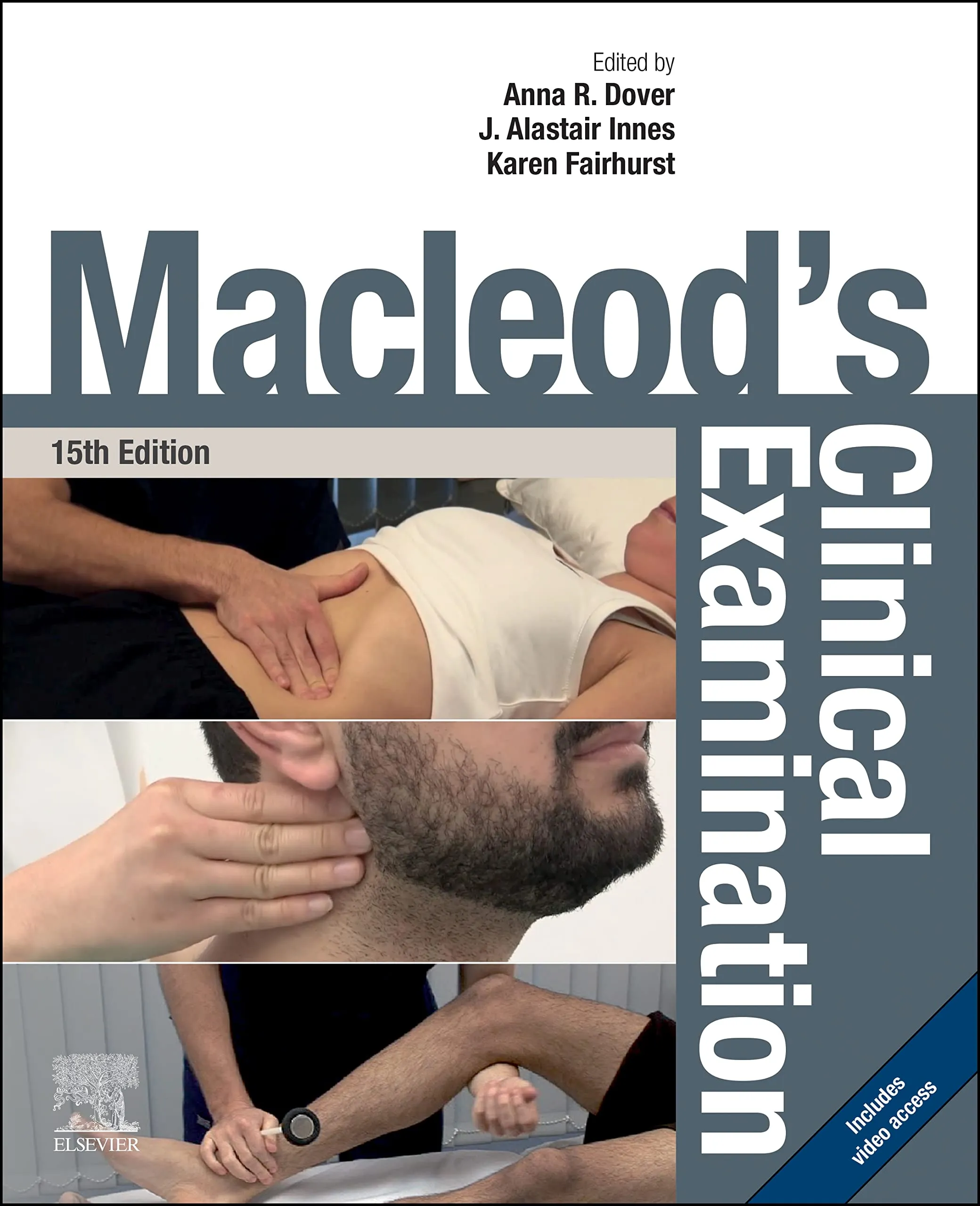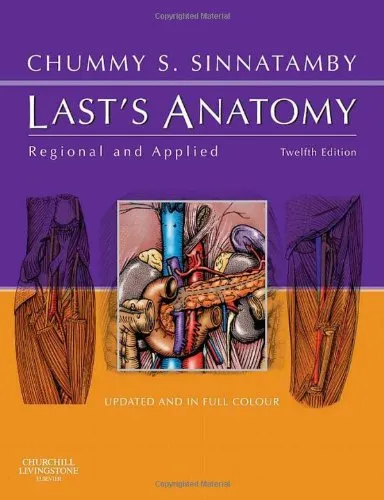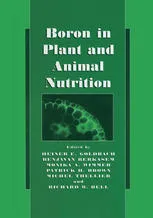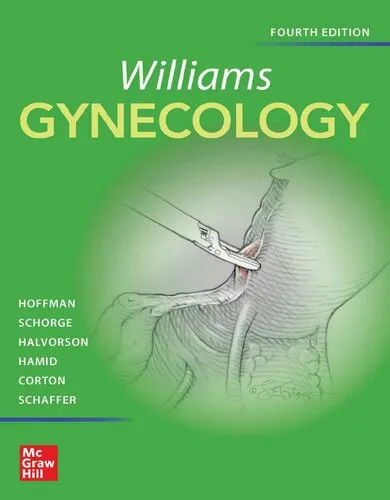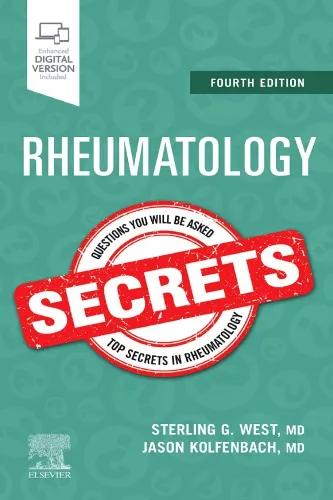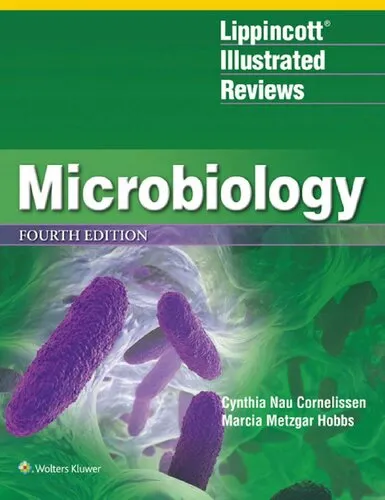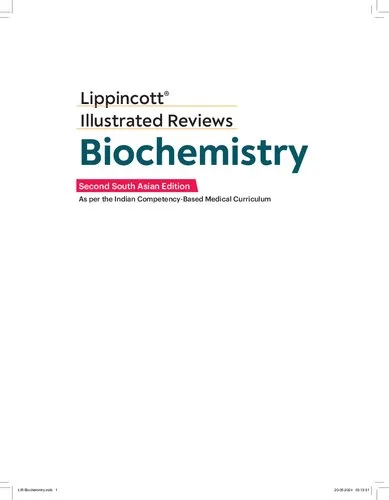The Poetics of Empire: A Study of James Grainger's the Sugar-Cane
4.5
بر اساس نظر کاربران

شما میتونید سوالاتتون در باره کتاب رو از هوش مصنوعیش بعد از ورود بپرسید
هر دانلود یا پرسش از هوش مصنوعی 2 امتیاز لازم دارد، برای بدست آوردن امتیاز رایگان، به صفحه ی راهنمای امتیازات سر بزنید و یک سری کار ارزشمند انجام بدینکتاب های مرتبط:
معرفی کتاب
کتاب 'The Poetics of Empire: A Study of James Grainger's the Sugar-Cane' نویسنده جان گیلمور به بررسی عمیق اثر جیمز گریمگر، به ویژه شعر 'The Sugar-Cane' میپردازد. این کتاب به جنبههای مختلف فرهنگی، ادبی و تاریخی این شعر استعماری که به توصیف صنعت نیشکر پرداخته، نگاه ویژهای دارد.
خلاصهای دقیق از کتاب
کتاب 'The Poetics of Empire' یک تحلیل جامع از شعر مشهور جیمز گریمگر، 'The Sugar-Cane' فراهم میکند. این اثر به تأثیرات استعمار و نقش آن در ترویج فرهنگ اروپایی در کارائیب میپردازد. جان گیلمور با دقت به نحوهی بازتاب این تأثیرات در شعر و نیز ساختار و سبک ادبی آن میپردازد. او در تحلیل خود به تکنیکهای ادبی و زبانی استفاده شده توسط گریمگر برای به تصویر کشیدن منظره و زندگی در مستعمرات پرداخته و نشان میدهد که چگونه این عناصر به تأکید بر قدرت امپراتوری انگلیس کمک میکنند.
نکات کلیدی
- بررسی تأثیرات فرهنگ استعماری بر ادبیات آن دوره.
- تحلیل ساختار و زبان شعر 'The Sugar-Cane'.
- نقد ارتباطات اقتصادی و اجتماعی در قالب شعر.
- تاثیر استعمار بر ادبیات و هنر در کارائیب و دیگر مستعمرات.
نقلقولهای معروف از کتاب
"شعر 'The Sugar-Cane' نمادی از قدرت و نفوذ امپراتوری است که از طریق صنعت نیشکر پرده برداشته شده است."
"قدرت استعمار تنها از طریق کنترل سیاسی اعمال نمیشود، بلکه از طریق کنترل فرهنگی و ادبی نیز تحمیل میشود."
چرا این کتاب مهم است
کتاب 'The Poetics of Empire' نه تنها برای پژوهشگران ادبیات و تاریخ، بلکه برای کسانی که به تأثیرات امپریالیسم بر فرهنگهای بومی علاقهمندند، از اهمیت ویژهای برخوردار است. این اثر به خواننده کمک میکند تا رابطه پیچیده بین ادبیات و امپراتوری را بهتر درک کند و در تحلیل متون ادبی به ابعاد جدیدی بیاندیشد. جان گیلمور با ارائه تحلیل دقیق خود از شعر 'The Sugar-Cane' به ما نشان میدهد که چگونه ادبیات میتواند به عنوان ابزاری برای بررسی و نقد سیاستهای استعماری و تأثیرات آنها بر فرهنگ و جامعه به کار رود.
Introduction
Welcome to a comprehensive exploration of James Grainger's poignant work, The Sugar-Cane, examined through the lens of colonial and imperial dynamics in my book, The Poetics of Empire: A Study of James Grainger's the Sugar-Cane. This text delves deep into the interplay of poetry, history, and socio-political commentary inherent in Grainger's eighteenth-century poem, offering readers an analytical framework to understand the multifaceted nature of colonial literature.
Detailed Summary of the Book
In The Poetics of Empire, I undertake an exhaustive analysis of James Grainger's The Sugar-Cane, juxtaposing the pastoral ideal with the harsh realities of plantation life in the Caribbean. This book revisits Grainger's ambitious poem, which attempts to marry scientific discourse with poetic form, exploring themes such as the economics of sugar, the role of slavery, and the interplay between European and Caribbean environments.
The narrative structure of Grainger’s poem is appraised for its duality—cultivating a discourse that romanticizes the Caribbean as both an Edenic and hellish landscape. I decode Grainger’s use of poetic devices to navigate the contradictions of the plantation system and colonial growth, shedding light on his representations of both nature and humankind. Through detailed commentary, I illustrate how Grainger reflected his era's mindset while serving as an inadvertent critic of the colonial agenda.
Key Takeaways
- James Grainger's poem serves as a historical document, bridging the gap between art and economic discourse.
- The narrative permits a reflection on slavery, thereby exposing the dehumanizing aspects of the colonial sugar trade.
- Grainger's work is positioned within the pastoral tradition, yet disrupts it by incorporating elements of colonial critique.
- Through Grainger's depiction, one gains insight into the early interactions between European settlers and the Caribbean ecosystem.
- The poem reveals the inherent contradictions in Enlightenment thinking regarding race, economy, and human rights.
Famous Quotes from the Book
“Grainger’s verses, though entwined with colonial motives, become a lens to examine the friction between progress and human cost.”
“By examining the welfare of the plant over that of the enslaved, Grainger’s poem inadvertently questions the ethics of its own narrative.”
“Eighteenth-century Caribbean life emerges vividly from Grainger's metaphoric entanglement of nature and labor.”
Why This Book Matters
The Poetics of Empire is crucial for readers interested in colonial history, literary analysis, and the socio-economic underpinnings of the past that shaped future eras. It offers a nuanced understanding of how literature not only reflects but also shapes societal attitudes and politics. By weaving together historical context and literary critique, this book challenges readers to reconsider the implications of art that emerged from imperial endeavors.
The insights contained within offer a platform for modern reflections on ongoing discussions about race, power, and exploitation in literature. For scholars and enthusiasts of eighteenth-century works, this study provides a detailed exploration of a lesser-known but critical piece of colonial literature, positioning it as an essential entry into the broader discourse on the cultural legacies of empire.
دانلود رایگان مستقیم
شما میتونید سوالاتتون در باره کتاب رو از هوش مصنوعیش بعد از ورود بپرسید
دسترسی به کتابها از طریق پلتفرمهای قانونی و کتابخانههای عمومی نه تنها از حقوق نویسندگان و ناشران حمایت میکند، بلکه به پایداری فرهنگ کتابخوانی نیز کمک میرساند. پیش از دانلود، لحظهای به بررسی این گزینهها فکر کنید.
این کتاب رو در پلتفرم های دیگه ببینید
WorldCat به شما کمک میکنه تا کتاب ها رو در کتابخانه های سراسر دنیا پیدا کنید
امتیازها، نظرات تخصصی و صحبت ها درباره کتاب را در Goodreads ببینید
کتابهای کمیاب یا دست دوم را در AbeBooks پیدا کنید و بخرید
1474
بازدید4.5
امتیاز0
نظر98%
رضایتنظرات:
4.5
بر اساس 0 نظر کاربران
Questions & Answers
Ask questions about this book or help others by answering
No questions yet. Be the first to ask!
